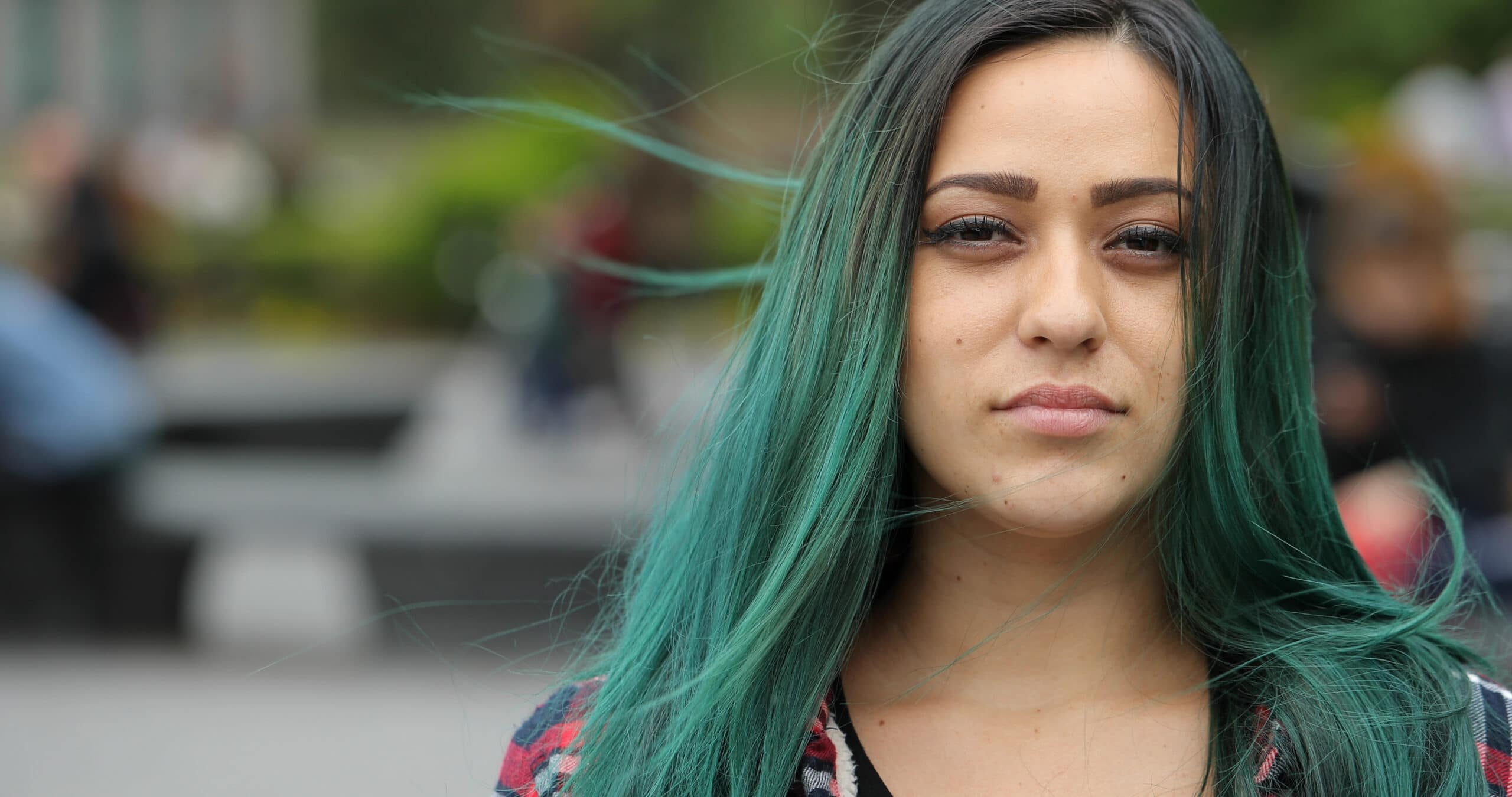Violence, abuse & trauma
A new report published today (4 March 2022) by Agenda and the Alliance for Youth Justice, lays bare the experiences of vulnerable girls and young women in the criminal justice system and calls on the Ministry of Justice to make urgent reforms. New evidence in the report shows that without immediate attention, girls and young women will remain marginalised and locked in a cycle of harm, inequality, and re-offending and will continue to experience the trauma and disadvantage this brings.
The report is the first of its kind and the culmination of the Young Women’s Justice Project, a two-year body of work led by experts in a range of fields – including the justice system, policing, racial justice, children’s social care, safeguarding, violence against women and girls, criminal and sexual exploitation and serious youth violence.
Headline findings
The Young Women’s Justice Project report shows that almost all young women (17-25) in the criminal justice system have a history of violence, abuse or trauma which drives their offending – whether that’s being coerced into crime by a partner or sexually exploited, or by using drugs or alcohol as a coping mechanism. They are also likely to have experience of poor mental health, exclusion from education, economic inequality and racism.
In addition, Black, Asian and minoritised women and those with experience of the care system are significantly over-represented among young women who have come into contact with the criminal justice system, with Black, Asian and minoritised women forced to endure systemic racism and young women who have been in care facing additional stigma and negative stereotypes.
- Up to 90% of girls in contact with the youth justice system have experienced abuse from a family member or someone they trusted
- 63% of girls and young women serving community sentences have experienced rape or domestic abuse
- There is greater prevalence of poor mental health amongst young women in the criminal justice system compared to young men and older adult women. Girls in custody self-harm at much higher rates than boys and, in the year ending March 2021, self-harm rates were at a 10-year high in women’s prisons, and considerably higher than in men’s prisons
Alarmingly, in the light of the current cost-of-living crisis, the report highlights the likelihood of offending because of poverty and economic need is set to continue for young women. Women under 25 are one of the groups at highest risk of unemployment due to the pandemic – with Black and minoritised young women and young mothers particularly vulnerable.
Experiences within the criminal justice system
Once driven into the criminal justice system as a result of the disadvantages and discrimination they face, young women find themselves facing punishment, rather than care and support. Criminalised for their vulnerabilities, young women are approached first and foremost as ‘perpetrators’ of crime, rather than as young women in need of support. Struggling with the impacts of abuse, inequality and disadvantage, young women in the criminal justice system report feeling alienated, unsafe and disempowered in a system not designed with them in mind.
Disbelieved, re-traumatised and struggling to make their voices heard, young women’s interactions with the police, courts, prison and probation services confirm their distrust of systems and services, making it harder to positively engage with support in the future. In combination with the ripple effects of criminal justice involvement – including worsening mental health, poverty, stigma and isolation – contact with the criminal justice system too often increases young women’s vulnerability, driving further experiences of disadvantage, increasing the risk of future offending and worsening their life outcomes.
The need for a women-specific approach
Systematically overlooked in policy and practice, young women in contact with the criminal justice system are left to navigate systems and services that are rarely designed with them in mind. This disregard for the needs of young women at risk is visible in other key policy areas too – from responses to girls struggling with poor mental health and facing exclusion from education, to young women experiencing violence and abuse, poverty and racial injustice.
This limits the development of effective, early intervention to prevent the most disadvantaged young women being driven into a criminal justice system which is ill-equipped to help them. Largely shut out of decision-making processes, current policy, practice and legislation continues to drive this cycle of harm for young women most in need of support.
Recommendations
The report argues that the evidence makes it clear that more needs to be done to support girls and young women in the criminal justice system to cope with abuse, violence and trauma, prevent re-offending and, most importantly, to improve their life chances. It makes three key recommendations targeted at the Ministry of Justice, demanding that the MoJ must:
- Improve its policy to ensure that girls and young women are represented and involved in all levels of decision-making. The voices of young women from groups who are over-represented in the system must be heard and policy changed to support their needs
- Provide support for people working in and around the criminal justice system to recognise and respond to the needs of girls and young women – including the distinct needs of Black, Asian and minoritised young women, and care-experienced young women
- Make distinct funding streams available for community-based, women and girls’ services, including ring-fenced funding for services led by and for Black, Asian and minoritised women and girls, and other specialist services led by and for the communities they serve.










One Response